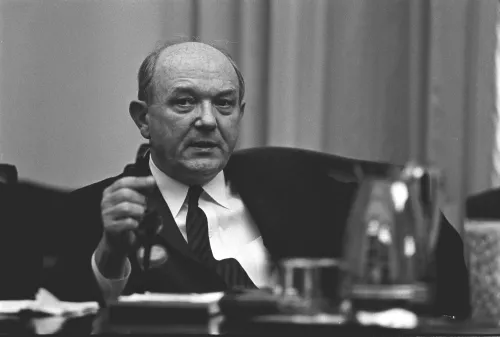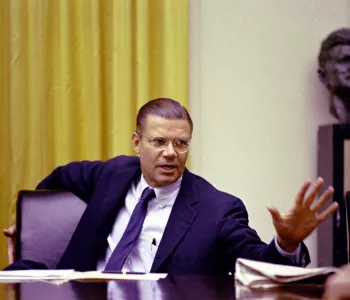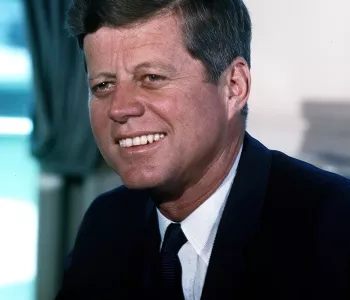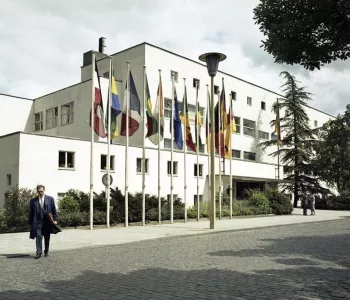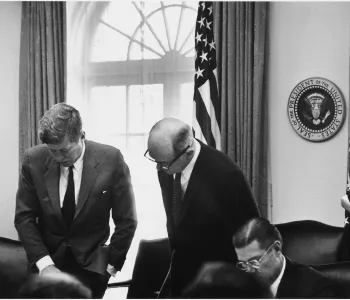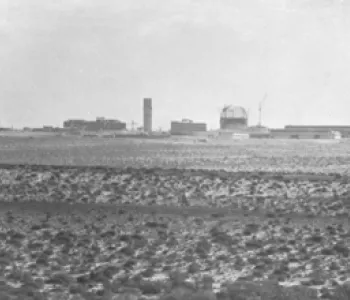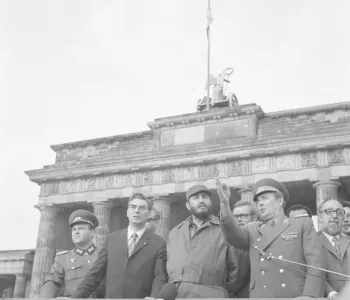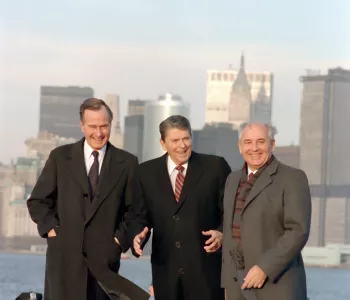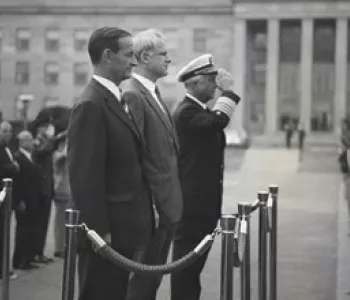Dean Rusk was born in Cherokee County, Georgia. He was educated in Atlanta, leaving school in 1925 to work for two years for a lawyer. Rusk then went to Davidson College in North Carolina, graduating in 1931 and then went to St. John's College, Oxford as a Rhodes Scholar, he received the Cecil Peace Prize in 1933. From 1934 to 1940 he taught at Mills College in Oakland, California. He studied law at the University of California, Berkeley, class of 1940. In World War II he joined the infantry as a reserve captain (he had been a ROTC Cadet Lieutenant Colonel), he served in Burma and ended the war a colonel with the Legion of Merit and Oak Leaf Cluster.
He returned to America to work briefly for the War Department in Washington. He joined the Department of State in February 1945 working for the office of United Nations Affairs. He was made Deputy Under Secretary of State in 1949. He was made Assistant Secretary of State for Far Eastern Affairs in 1950 and played a influential part in the US decision to become involved in the Korean War. However he was a cautious diplomat and always sought international support. Rusk had become a Rockefeller Foundation trustee in April 1950 and in 1952 he left the Department of State in 1952 to succeed Chester L. Barnard as president of the Foundation. On December 12, 1960, Rusk was named Secretary of State, assuming his office in January, 1961.
As Secretary of State he was consistently hawkish, a believer in the use of military action to combat Communism. During the Cuban missile crisis he initially supported an immediate military strike, but he soon turned towards diplomatic efforts. His public defense of US actions in the Vietnam War made him a frequent target of anti-war protests. Outside of communism he continued his Rockefeller Foundation ideas of aid to developing nations and also supported low tariffs to encourage world trade.
Following his retirement, he taught international law at the University of Georgia in Athens (1970-1984).
He was the longest serving Secretary of State other than Cordell Hull.
He married Virginia Foisie in 1937 and they had three children.
